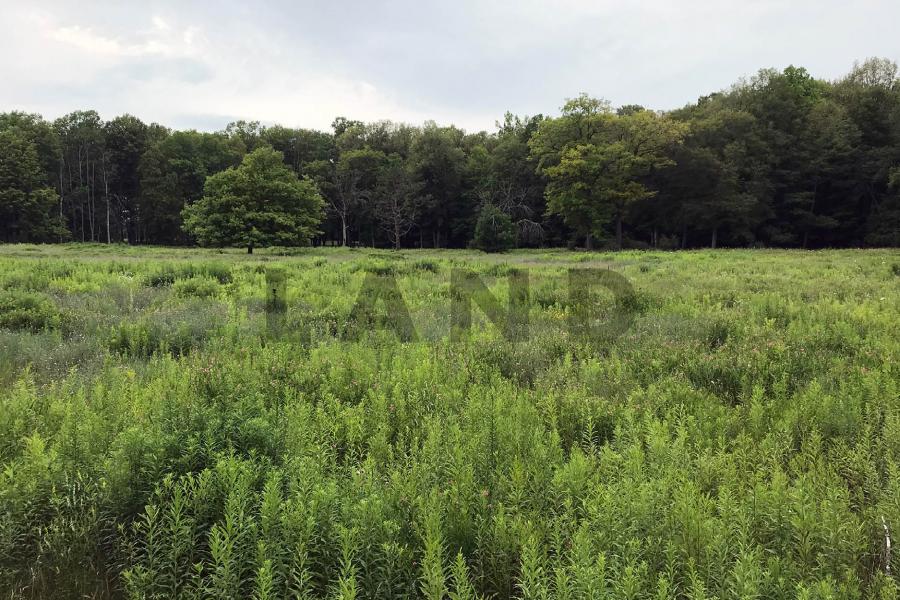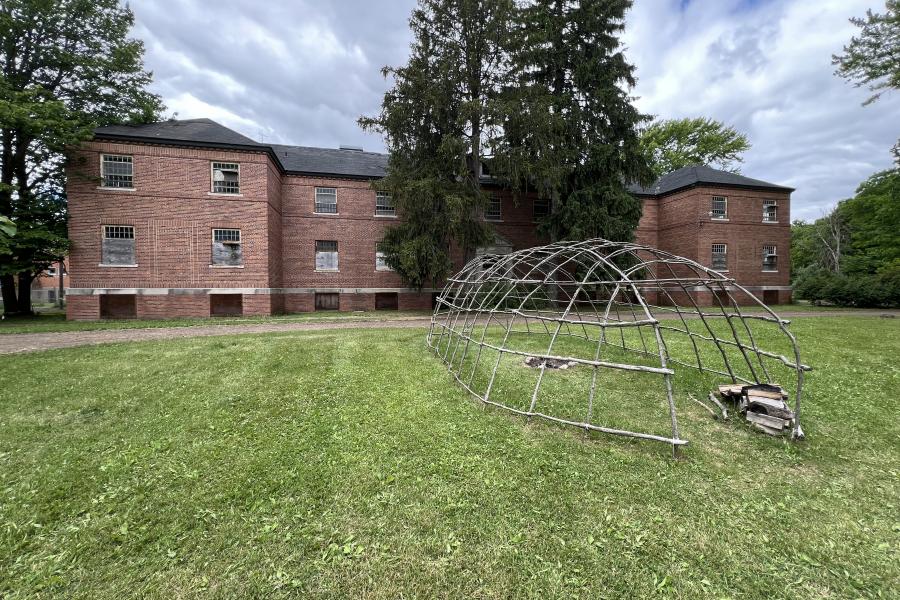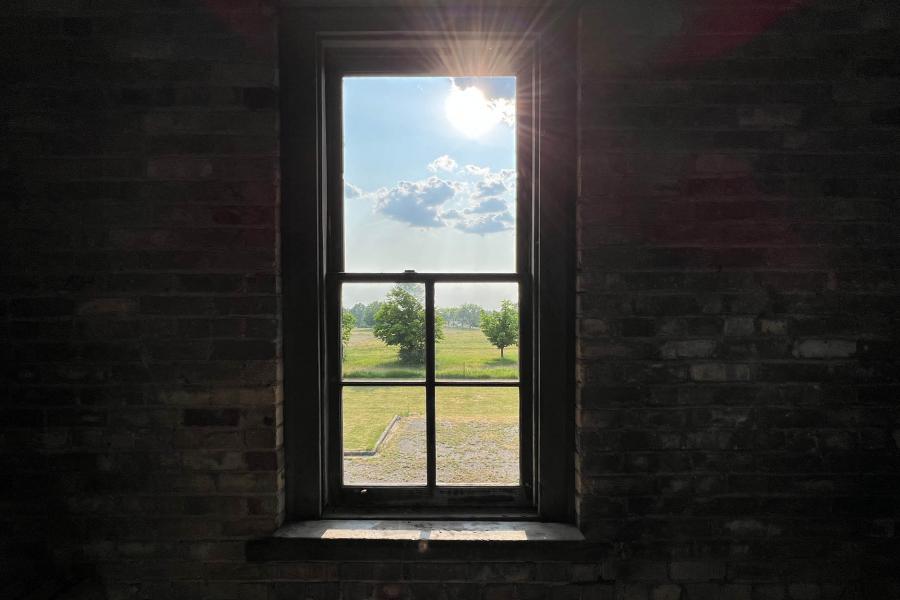Other Ways of Making
In contrast to modern and colonial architectures, Anishinaabe building practices and the worldviews they embody represent a fundamentally different approach to design. The Traditional Ecological Knowledge systems indigenous to the Great Lakes challenge the common understanding of objects and buildings as fixed or stable, instead conceptualizing them as always in flux, and therefore impermanent. This lecture traces these ideas through recent work at the Mt. Pleasant Indian Industrial Boarding School in Michigan and projects designed and built in northern hardwood forests over the past five years.
Christian Hart Nakarado is an Assistant Professor of Ecological Design at Wesleyan University and the founder of Slow Built Studio, a design, research, and architecture practice based in New Haven, Connecticut. His teaching and research focus on impermanence in design and Indigenous precedents for non-extractive making. He is a practicing architect, a member of the American Institute of Architects and the American Indian Council of Architects and Engineers, and is an enrolled member of the Sault Ste. Marie Chippewa in Michigan.


